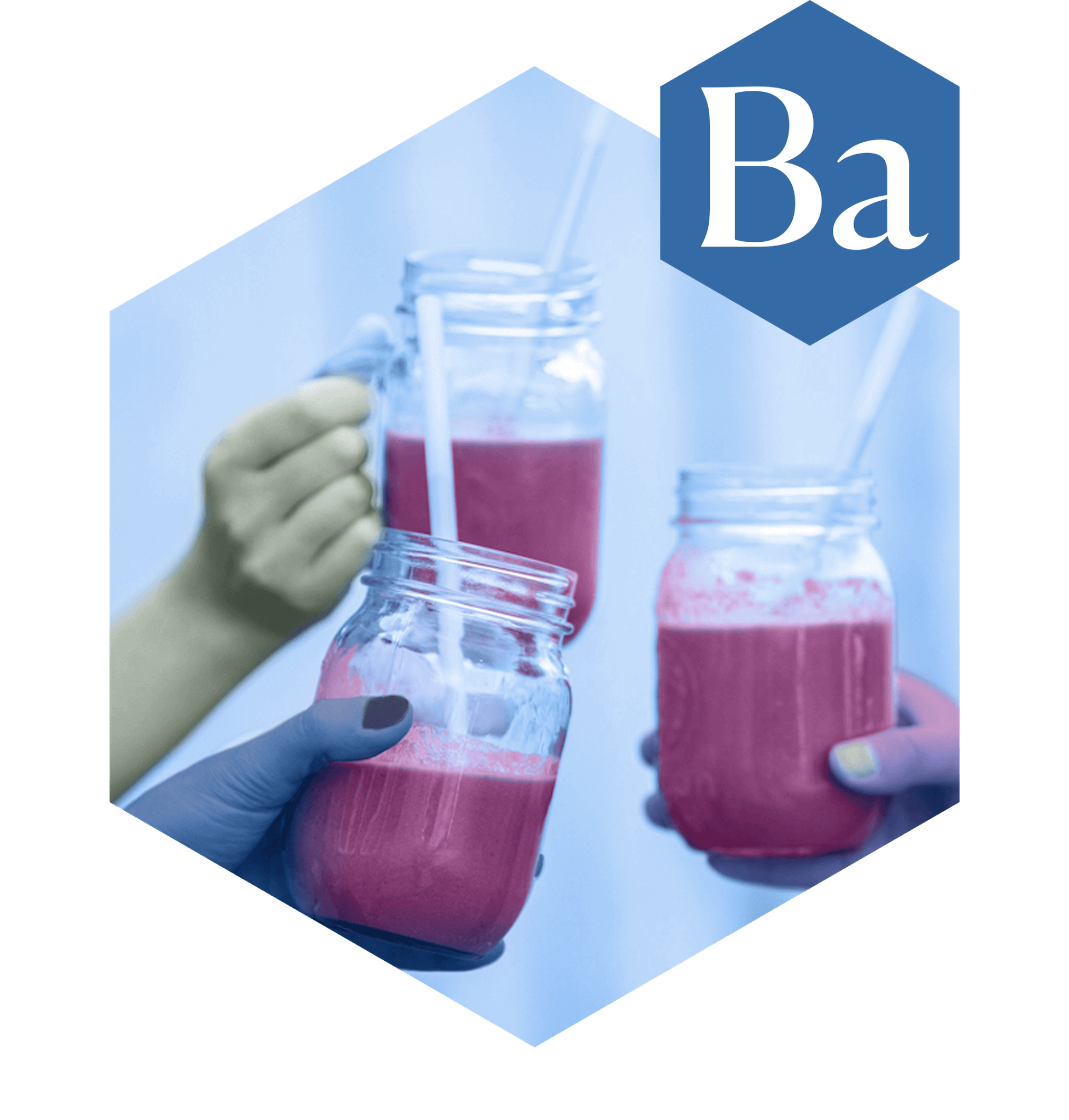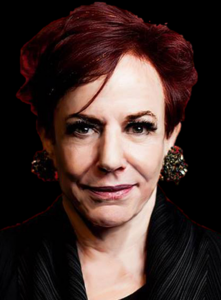History
Faith identified this Trend in the late 1980s, when she saw the cultural currents converging and elevating wellness in our culture. Using her proprietary brailling techniques, she detected different dimensions emerging. First, fitness: Aerobics and running became badges among cutting-edge consumers. New Balance sneakers were spotted on a rising class of young executives (Yuppies); gym clubs became the new singles bars. Nutrition became a focal point of cultural conversation, and Faith tracked its momentum, including identifying and monitoring brand language and imagery that sparked sales. Rising interest in low-calorie eating led to the success of Diet Coke and later Snackwell’s cookies.
By the start of the new millennium, the culture truly tuned into Being Alive. Organics became a $7.6 billion business, up 200% in five years. Herbal additives, like ginseng, St. John’s Wort, and kava, turned up in food or in the form of capsules, tinctures, extracts or teas that were now routinely used by one third of American adults. Fitness club memberships rose 64% over the last 7 years of the 90s for those aged 39 to 54. Acupuncture, magnets, and meditation captured attention among the wellness-focused, and alternative pet care gained traction: The Holistic Veterinary Association counted 700-member vets at the time and continued to grow.
Practical Application
Building upon these signals, Faith told Coke in 1980s that the future was clean, clear, natural, sugar- and additive-free water. After all, to produce their main product Coke, they had developed the best water purification systems in the world. Their response was, “What a bad idea because then people would deduce there was water in Coke.” A case of underestimating the consumer. They lost their primacy by doing nothing until the competition, Pepsi, introduced Aquafina and met with mega-success; only then did they come out with Dasani.
Around that time, Faith also detected stirrings of a new mind-body dynamic as she observed a cluster of renegade consumers delving into yoga, meditation, and silent retreats decades before these practices entered the mainstream. She recommended to Nike that they “own” the yoga mat and all the mindspace that goes with it. As they considered their next move, other brands swept in and locked up loyalty.
With a deep knowledge of the consumer’s early-adoption triggers, the Faith Popcorn’s BrainReserve team has ushered many pharma and OTC products into market with tremendous sales, as well as creating a blueprint for the future for a Fortune 200 client, showing how a portfolio of Tomorrow must communicate “healthstyle” with a presence in prescription, OTC, and food and beverage categories, as well as distribution. The consumer wants a seamless experience, a Wellness Cocoon, to understand and manage their holistic health.
Present
Today, it is recognized that the global wellness market is soaring: Its $3.4 trillion value is three times larger than the pharmaceutical industry, yet it continues to morph. The pursuit of wellness increasingly embraces two very different directions. A technological revolution is underway, as consumers outsource and optimize our health with wearables, swallowables, implants and DNA-specific solutions. Campbell’s, for example, is the sole investor in Habit, a company that collects and analyzes bio samples to create personalized nutrition advice. Spire is a health tracker that detects changes in breathing and heart rate that indicate stress and sends calming messages to the user’s device.
Future
AI, like the Human Dx platform, and robots, like Rudy, the homecare companion, merge to deliver care to an unprecedentedly precise and personalized level. Embedded chips will scan a person’s bloodstream and diagnose illness. Nanobots will swim through the bloodstream, making repairs. Telemedicine will be omnipresent; doctor’s office, an artifact of an earlier time.
But simultaneously, consumers are pushing back and embracing the traditional and natural, with time-honored practices and ingredients – from meditation to the adaptogen maca, from cupping to cannabis – as avenues to healing and elevating their humanity. The businesses that can pair TLC with tech will win big.
Trend Pairings
Our quest for good health dovetails with Save Our Society, the Trend that reflects of responsibility to protect our culture, and Atmosfear, the drive to salvage the environment.
Being Alive and Egonomics (our personalization Trend) cross-pollinate, as we strive for personalized programs and care to elevate our health.
As Faith explains, “For every Trend, there’s a counter-Trend”: Being Alive is countered by Pleasure Revenge, which captures how consumers want to cut loose, (over)indulge and be at least a little bit “bad.” Think of it as a Detox/Retox tension – where a SoulCycle session is followed by endless Mimosas. We increasingly look to outsource our wellness due to lack of time and “Living in the Blur.” On-demand services, tele-medicine and driverless medical pods will automate healthcare.





